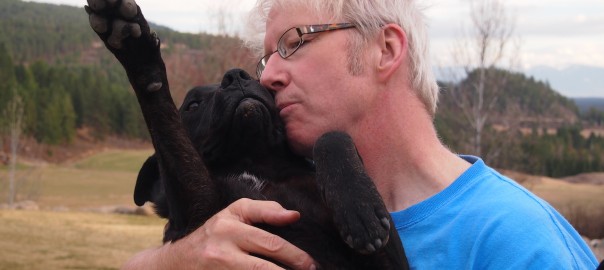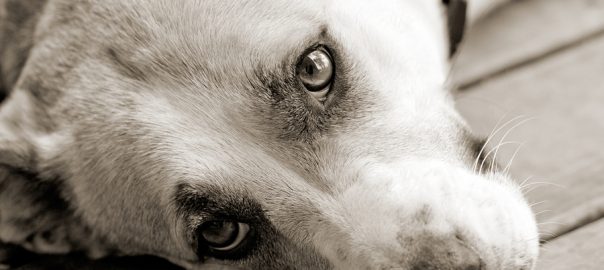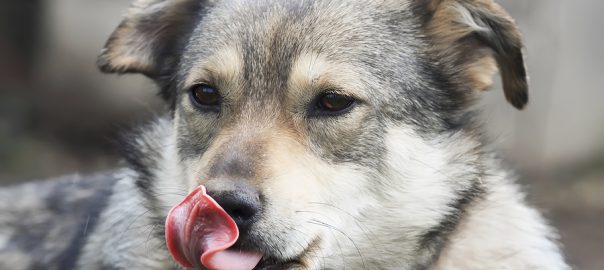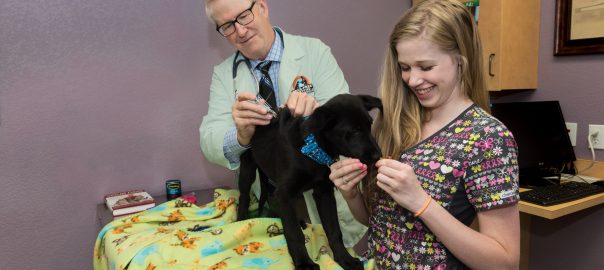A reader asked about one of the mysteries of the universe: Why do dogs like to lick us? There are multiple reasons for this behavior, including one that might save your life!
Q: My dog is constantly licking me. She likes to lick my legs, my hands, my face — any place she can get to. Why do dogs do this?
A: Dogs do love to lick us, for lots of different reasons. One is that our skin is salty. If we’ve been perspiring, we taste even better, so you may notice that your dog loves to lick you even more in the summertime. I’m not sure why, but the scent or taste of lotion or sunscreen also seems to encourage dogs to lick. And dogs just love the scent of us — stinky feet and all.
Another reason dogs love to lick us is because we give them attention when they do. Whether we laugh at the tickling sensation or push them away because we don’t want them to ingest sunscreen or that medicated gel we just applied, it makes them happy because we’ve taken notice of them and petted or spoken to them. In a dog’s world, not much is better than that.
The one thing that might be better for a dog is getting a treat, and licking us can be a way of saying, “Hey, over here! How about a bite of what you’re having?” Pups lick mom in hopes of a meal, and maybe grown dogs hope it will work on us, too.
Dogs also get a physiological “feel good” sensation from licking. The action releases hormones called endorphins that serve a stress-relieving function and help the dog feel comfortable or contented.
One fascinating reason dogs may lick humans is because they detect a health problem such as low blood sugar. In a survey of 212 dog owners with Type 1 diabetes, 49.2 percent said their dogs licked them when they were experiencing dangerously low blood sugar levels.
Read more, including updates on airline pet policies, in Pet Connection, the weekly nationally syndicated pet feature I co-write with Kim Campbell Thornton and my daughter, trainer Mikkel Becker.




